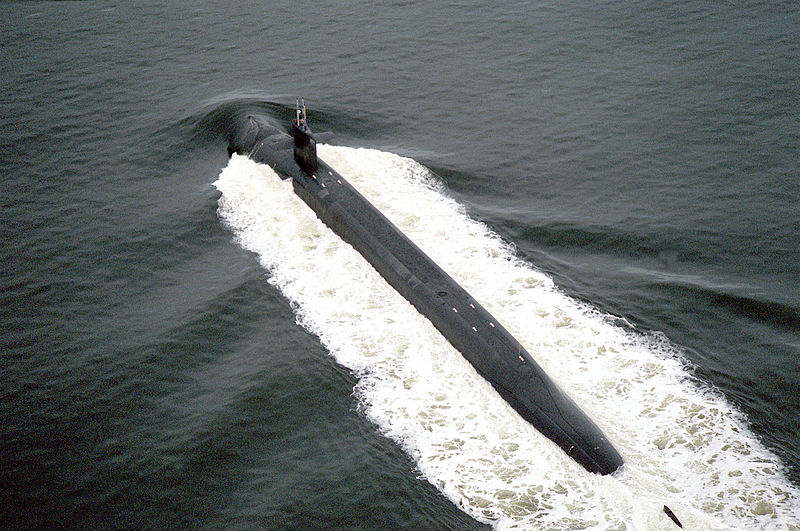 The role that US nuclear weapons play in Australian strategic policy is given far less emphasis in the new Defence White Paper. While the 2009 document contained five paragraphs that directly addressed the issue of extended nuclear deterrence and extended nuclear reassurance in the Australian context, this White Paper has only one.
The role that US nuclear weapons play in Australian strategic policy is given far less emphasis in the new Defence White Paper. While the 2009 document contained five paragraphs that directly addressed the issue of extended nuclear deterrence and extended nuclear reassurance in the Australian context, this White Paper has only one.
It’s an interesting paragraph, though, because it specifically limits Australian reliance on US nuclear weapons to circumstances in which Australia is threatened with a nuclear attack. This is a change from 2009, when US extended deterrence and security assurance was described in much broader terms as ‘the best defence against WMD proliferation'.
This paper’s reference to the ‘continuing viability of extended deterrence under the alliance’ reflects a more subtle but equally significant shift. The 2009 document spoke of the ‘stable and reliable sense of assurance’ that US nuclear weapons have provided Australia over the years, removing ‘the need for Australia to consider more significant and expensive defence options'. It also explained that the viability of extended nuclear deterrence was dependent upon ‘stable’ nuclear deterrence remaining a feature of the international system. These references to ‘stable nuclear deterrence’ in the broader international context have gone, replaced with a much more precisely worded, Australia-specific exposition of the role of nuclear deterrence.
What accounts for this shift from a more expansive discussion to the narrower, more carefully defined one that we see today? The clue might be in the last few words of the paragraph, which emphasises Australia’s strong support for ongoing efforts towards global nuclear disarmament. The 2009 White Paper was blatantly at odds with the non-proliferation and disarmament advocacy role that Australia plays in the nuclear non-proliferation regime, where it's been pushing for a reduced role for nuclear weapons in military doctrines and force postures. The 2013 White Paper seems to be much more sensitive to the fundamental conflict between Australia’s nuclear diplomacy and its defence policy.
This shift has added significance today, because the release of the White Paper coincides with the final day of a two-week nuclear conference being held at the United Nations in Geneva. During the conference, known as the NPT PrepCom, the inconsistencies in Australia’s approach to nuclear issues were highlighted on a number of occasions, leading observers to criticise the insincerity of Australia and other states that call loudly for nuclear non-proliferation and disarmament while continuing to rely so heavily on US nuclear weapons in their defence and security policies. With this in mind, it’s a pity the White Paper wasn’t released a few weeks earlier, because it’s definitely a step in the right direction, helping to reduce the glaring gap between DFAT and Defence on all things nuclear.
Tanya Ogilvie-White is a senior analyst at ASPI. Image courtesy of Wikimedia Commons. Print This Post
Print This Post The role that US nuclear weapons play in Australian strategic policy is given far less emphasis in the new Defence White Paper. While the 2009 document contained five paragraphs that directly addressed the issue of extended nuclear deterrence and extended nuclear reassurance in the Australian context, this White Paper has only one.
The role that US nuclear weapons play in Australian strategic policy is given far less emphasis in the new Defence White Paper. While the 2009 document contained five paragraphs that directly addressed the issue of extended nuclear deterrence and extended nuclear reassurance in the Australian context, this White Paper has only one.